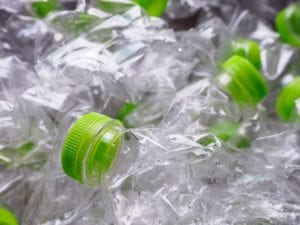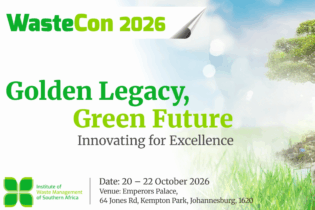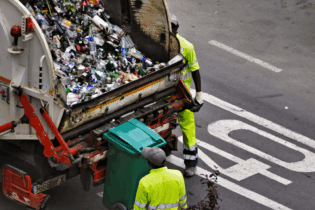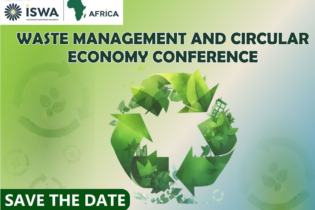A new study from environmental think tank Green Alliance has shown that bottled water alternatives are not as green as they claim to be.
The study examined if alternative forms of packaging – aluminium, glass and cartons – are less harmful to the environment than PET or the other food grade plastics used for making bottled water bottles. Its results show that simply changing packaging materials is far from the guaranteed sustainable solution many consumers assume it to be. Reviewing the study’s findings, businessgreen.com pointed out that “the alternative materials now being used to sell bottled or canned water bring with them a raft of environmental problems of their own.” In summary, the comparative study examined aluminum, glass, cartons and plastic against three criteria: production waste, carbon emissions, and end-of-life. Using red, orange or green traffic lights as a device, it defined each material’s overall score. Plastic bottles scored marginally the worst (with amber for production waste and carbon emissions, and red for end-of-life). Critically, all of the alternative materials each received one amber and one red light. Locally, the South African National Bottled Water Association (SANBWA) has been advocating caution when it comes to responding to the wave of anti-plastic sentiment rippling around the globe. Its Executive Director, Charlotte Metcalf, doesn’t dispute the fact that plastic in all its forms is one of the major pollutants of our water bodies and landmasses. Nor does she argue against the fact that ways must be found to curtail that pollution.But Metcalf maintains it is time to find truth and balance in the myriad calls for plastics to be replaced with alternatives or degradable versions.
If we don’t, she said, we risk setting policies, formulating regulations, enacting legislation, investing in technologies and encouraging people to take on certain products that will do more harm than good. “The findings of this study must be taken seriously,’ she said. “It shows that switching to aluminum will generate toxic waste, to glass would generate additional carbon emissions, and to carton will create hundreds of tonnes of low-quality waste. “The message is clear: don’t accept alternatives without considering the proverbial whole picture.” Metcalf also pointed to a ‘flaw’ she considered in the Green Alliance premise. She said it was a mistake to regard plastic water bottles as single-use. “greenbusiness.com concluded its review of the study highlighting that ‘the only truly sustainable solution to staying hydrated on the go is to ditch single-use containers altogether, and instead use a refillable bottle.’ “Like other containers – plastic or otherwise – you use every day in your home, bottled water bottles are reusable and recyclable – they are not single-use products. And, by recycling them after reusing them, you reduce their environmental footprint by 25%. That, too, is a major step in the right direction to reducing plastic waste. People, everywhere, just have to change their behaviour and take that step,” Metcalf said.






